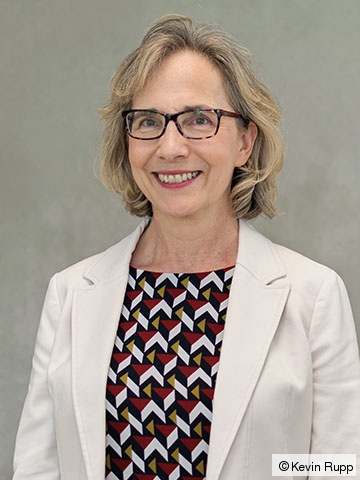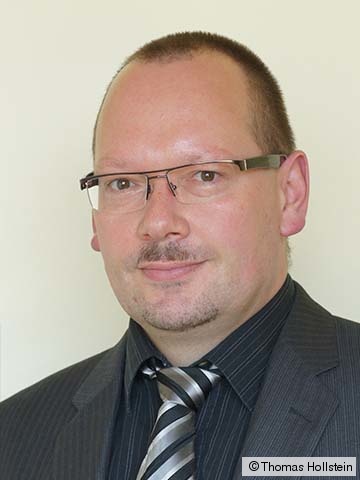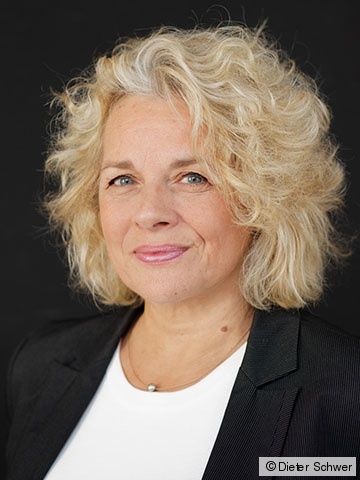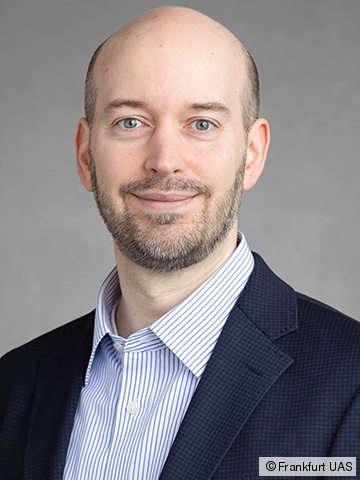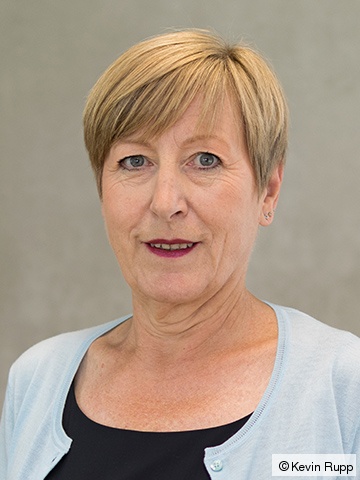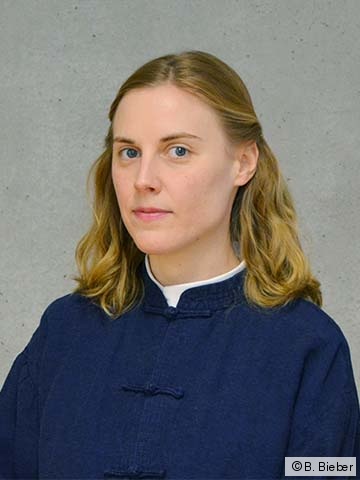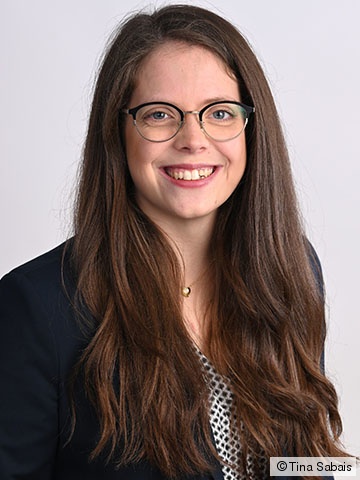The members research on and develop user-friendly, socio-technical solutions for living and working in an aging society. The focus on these solutions involves the affected users, professionals, management levels and other interest groups.
The FUTURE AGING research center is looking forward to exciting topics and projects with you!
Feel free to share your ideas with us.
Contact
Prof. Dr.
Barbara Klein
Spokesperson research center FUTURE AGING & Head of degree course Digital Health and Case Management (M.Sc.)
Building
2,
Room
108
Phone
: +49 69 1533-2877
Fax
: +49 69 1533-2809
Prof. Dr.
Caroline Günther
Head of degree course: Barrier-free Systems: Planning and Building (M. Sc.)
Building
1,
Room
510
Phone
: +49 69 1533-2765
Fax
: +49 69 1533-2761
Prof. Dr.-Ing.
Heiko Hinkelmann
Mitglied der Geschäftsstelle des Forschungszentrums FUTURE AGING
Building
8,
Room
114
Phone
: +49 69 1533-3934
Accessible MR: Methodologische Evaluierung und Validierung von Mixed-Reality Systemen im Gesundheitswesen [Methodological Evaluation and Validation of the Accessibility of Healthcare Mixed Reality Systems]
DDSkills - Cutting-Edge Digital Skills for professional Care Givers of Persons with Disabilities and Mental Health Problems
Melanie SchmidtReferentin der dualen Studiengänge Angewandte Pflegewissenschaft und Hebammenwissenschaft
Building
10,
Room
425
Phone
: +49 69 1533-3799
EmotionaLS - Emotional Living Spaces
M.Sc.
Anne RöderWissenschaftliche Mitarbeiterin FUTURE AGING Lehrbeauftragte
Building
HoST,
Room
B 02 201
Phone
: +49 69 1533-3205
Situation Awareness in Assisted Living Environments
Dominic GibietzWissenschaftlicher Mitarbeiter FUTURE AGING
Building
HoST,
Room
B 02 208
Phone
: +49 69 1533-3935

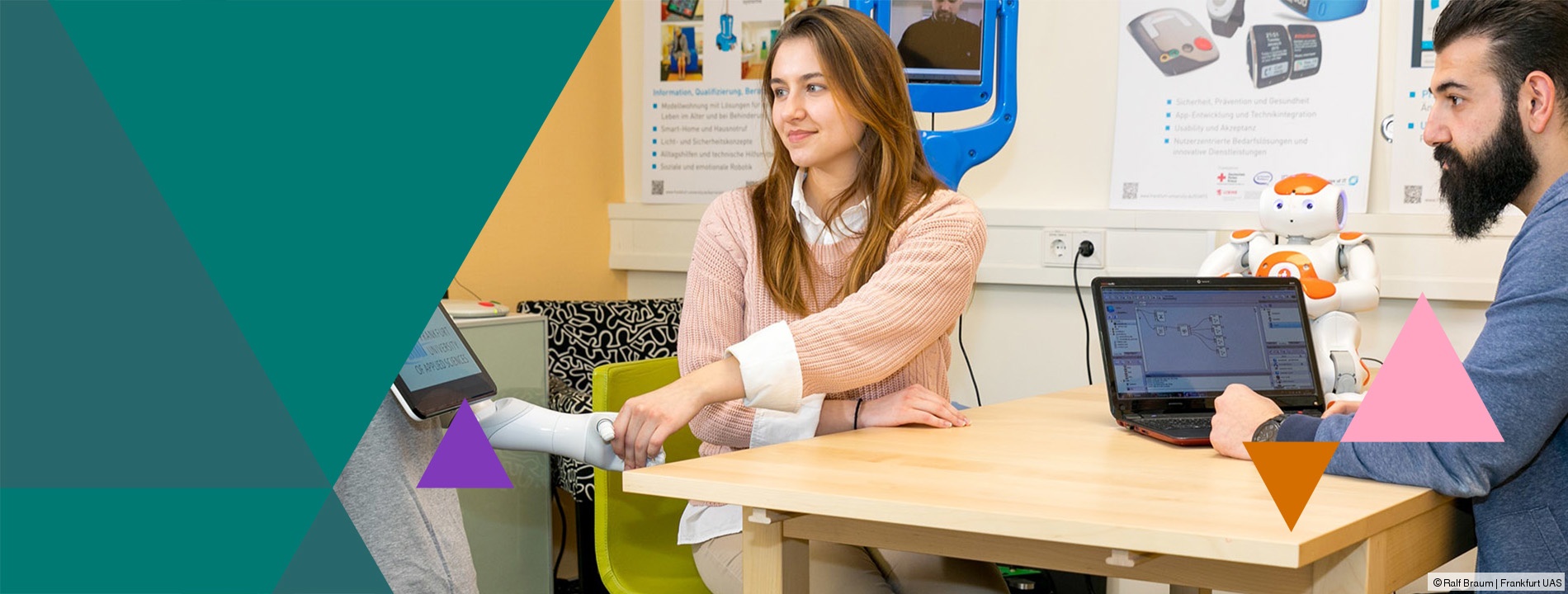
![[Translate to EN:] Logo Sozialverband VdK Hessen-Thüringen](/fileadmin/_processed_/8/6/csm_Logo_VdK_Hessen-Thueringen_a230ff064b.gif)
![[Translate to EN:] Frankfurter Stiftung für Gehörlose und Schwerhörige](/fileadmin/_processed_/e/1/csm_logo_FGLS_5589fabc61.jpg)
![[Translate to EN:] Frankfurter Forum für interdisziplinäre Alternsforschung](/fileadmin/_processed_/2/0/csm_Logos_FFIA_blau_3Z_52fc6eed87.jpg)

![Druck [Translate to EN:] Stadt Frankfurt Inklusiv](/fileadmin/_processed_/4/8/csm_Stadt-Frankfurt-Inklusiv-100_175f59ae29.jpg)
![Logo-Rellate-alle-eps-blau [Translate to EN:] Research Lab for Law and applied Technologies](/fileadmin/_processed_/9/e/csm_Logo-Rellate-A3_3fe9b8f757.jpg)
![[Translate to EN:] Smart Living Hessen Cluster](/fileadmin/_processed_/b/9/csm_Smart_Living_Logo_34bbd1abf9.png)
![[Translate to EN:] Pure Sec Firma Pure Life Assistenzsysteme](/fileadmin/_processed_/b/7/csm_Logo_PureSec_Future_Aging_8383a3386b.jpg)
![[Translate to EN:] Smart Skript [Translate to EN:] Smart Skript](/fileadmin/_processed_/c/e/csm_Logo_smartskript_b21a7e6c0b.jpg)
![[Translate to EN:] Logo Zentrum für Forschung und Kooperation Hochschule für Wirtschaft und Gesellschaft Ludwigshafen](/fileadmin/_processed_/a/c/csm_HSL-Logo-GER_ZFK_CMYK_small_2b6f04c9f1.jpg)



